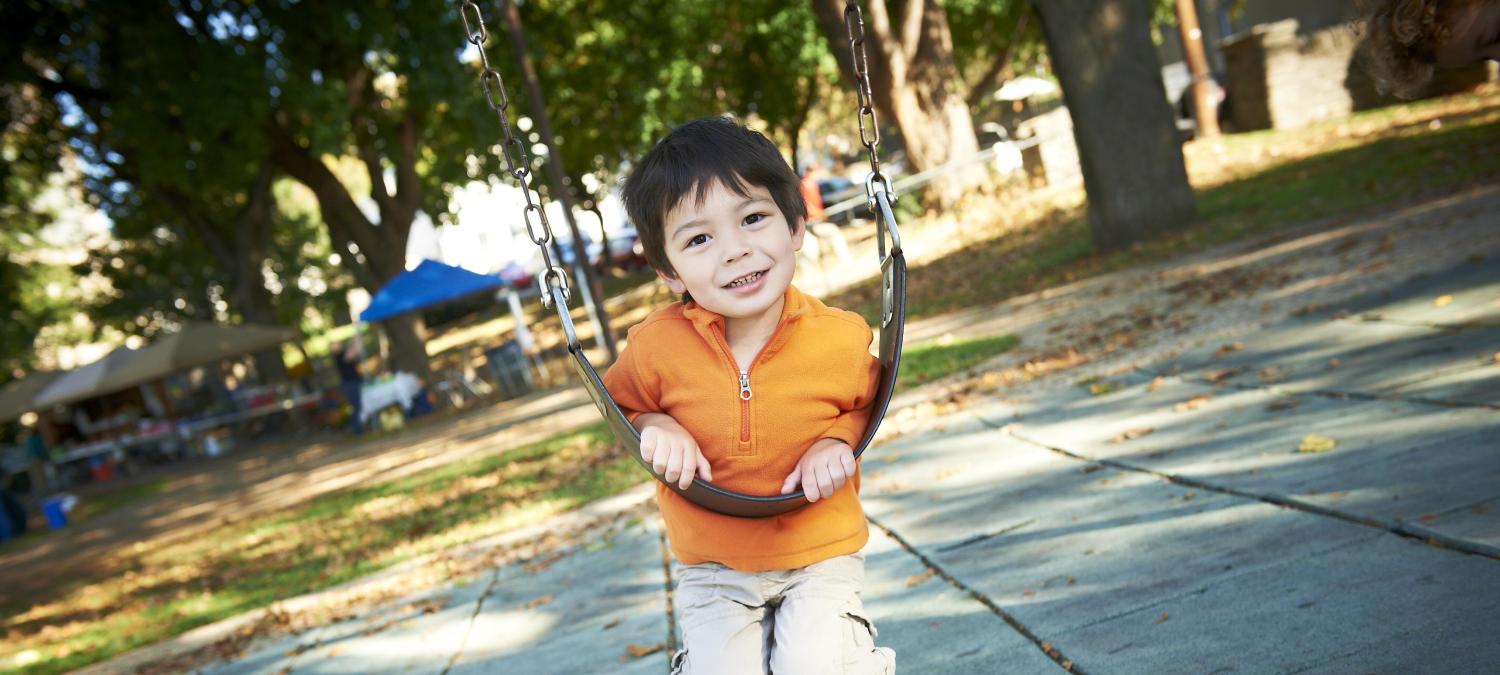

Publications
Search Tips
- Dec 2020
PolicyLab experts responded to a Request for Comment on Pennsylvania's proposed changes to child care subsidy regulations "Subsidized Child Care Eligibility Requirements." More specifically, the experts provide their feedback to various proposed changes to the regulations in…
- Dec 2020
PolicyLab responded to a request for information from the Health Resources and Services Administration seeking input as they begin a new strategic plan for the Maternal and Child Health Bureau. In this letter, PolicyLab draws on relevant research and expertise from our community of…
- Dec 2020
The low rates of actual contraceptive failure and high rates of contraceptive use among young women highlights that choice of contraceptive method and patterns of contraceptive use greatly influence unintended pregnancy risk. Promoting contraceptive use among adolescent and young…
- Dec 2020
Despite significant national attention to shootings involving children, and resulting calls for gun reform, little has been done to address gaps in research or promote policies that can help prevent child injury and death from firearms. As of 2018, firearm-related injury remained the…
- Nov 2020
In June 2020, immigrant community leaders and other stakeholders working directly with immigrant communities and those with limited English proficiency in Pennsylvania were invited to complete an online survey to help the PA Department of Health’s Office of Health Equity better…
- Nov 2020
Consistent with young adults' penchant for digital communication, young adults living with HIV use digital communication media to seek out health information. Understanding the types of health information sought online and the characteristics of these information-seeking young adults…
- Nov 2020
Immigrants are believed to be at high risk of infection with severe acute respiratory syndrome coronavirus 2, the virus that causes coronavirus disease 2019 (COVID-19). A leading suspected risk factor is their role in the essential workforce. We aimed to describe COVID-19-related risk…
- Nov 2020
OBJECTIVE: To evaluate whether evidence-based depression prevention programs can be optimized by matching youth to interventions that address their psychosocial vulnerabilities. METHOD: This randomized controlled trial included 204 adolescents (M = 14.26 years, SD = 1.65; 56.4%…
- Nov 2020
The optimal approach to identify SARS-CoV-2 infection among college students returning to campus is unknown. Recommendations vary from no testing to two tests per student. This research determined the strategy that optimizes the number of true positives and negatives detected and…
- Nov 2020
Teenage pregnancy can have a profound impact on a teen’s life, yet pregnant and parenting teens are often overlooked and stigmatized. Teen mothers disproportionately have childhoods that include adverse events and experiences such as family instability, chronic stress and social…